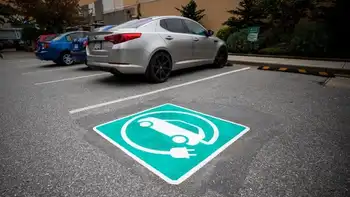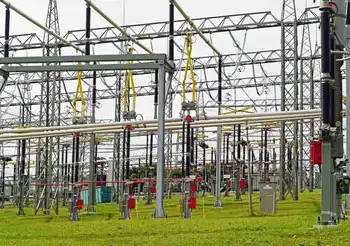Brazil break ground on seven hydroelectric power plants
RIO DE JANIERO, BRAZIL - Brazilian President Luiz Inacio Lula da Silva authorized the construction of seven hydroelectric power plants with a designed generation capacity of 804.7 megawatts.
The power plants will be built in the states of Goias, in mid-western region of the country; Rio Grande do Sul, in the south; Minas Gerais and Rio de Janeiro, in the southeast.
Consortiums composed of private and state-owned companies, which have won public biddings for the projects, are expected to invest about 1.5 billion U.S. dollars in the new plants, due to operate in January 2010.
They will sell electric energy to regional distributors via long- term agreements, according to Brazilian Mining and Energy Ministry's press office.
The ministry also said that the companies, including state-owned Furnas S.A., were committed to avoiding possible damage to the environment, and would need to have their building projects economically and technically approved by the government.
President Lula also criticized court decisions that prevented the bidding processes of two other hydroelectric power plants, in Parana and Mato Grosso states, which would generate 259 megawatts to the national electric system, and already had environmental licenses to be built.
He said the interruption of the process meant an additional cost of 88.8 million U.S. dollars to Brazilian citizens, who would have to buy thermoelectricity instead, which is more expensive.
Lula also announced his plans to build three other hydroelectric plants in the Amazonian rainforest region.
Related News

If B.C. wants to electrify all road vehicles by 2055, it will need to at least double its power output: study
VANCOUVER - Researchers at the University of Victoria say that if B.C. were to shift to electric power for all road vehicles by 2055, the province would require more than double the electricity now being generated.
The findings are included in a study to be published in the November issue of the Applied Energy journal.
According to co-author and UVic professor Curran Crawford, the team at the university's Pacific Institute for Climate Solutions took B.C.'s 2015 electrical capacity of 15.6 gigawatts as a baseline, and added projected demands from population and economic growth, then added the increase that shifting to…




